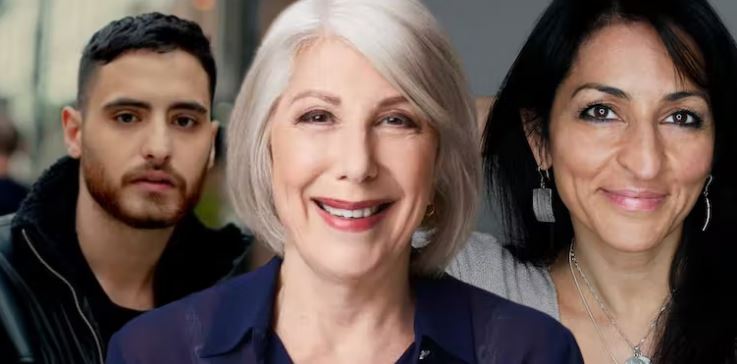Controversy over two participants in this year’s Adelaide Writers’ Week raises issues of freedom of speech and cancel culture. Denis Muller examines the two cases.
The organisers of the 2023 Adelaide Writers’ Week, which starts on March 4, are under pressure to withdraw invitations to two Palestinian writers: one for her views about Ukrainian president Volodymyr Zelenskyy, and the other for his views on Israel and Zionism.
South Australian Premier Peter Malinauskas has condemned both authors. “I completely abhor the comments that have been made … they don’t accord with SA’s value system,” he said. “I’ve got to be frank, I’m surprised they are being facilitated at Adelaide Writers’ Week. I won’t be going along to hear them speak.”
Each case raises issues about freedom of speech and the phenomenon of “cancel culture”, but the cases are not identical.
The first concerns Susan Abulhawa, a Palestinian American writer who has published a series of novels, including a bestseller, Mornings in Jenin, based on the hardships of Palestinians in their continuing confrontation with Israel.
The second concerns Mohammed El-Kurd, a Palestinian writer and poet who lives in East Jerusalem and whose appearance at Harvard University in October last year generated protests from some pro-Israel students who criticised his rhetoric as antisemitic.
Of the two, Abulhawa’s case is more straightforward. The objections to her, raised principally by Ukrainian voices in Australia, are fundamentally political.
Read the article by Denis Muller in InDaily.

